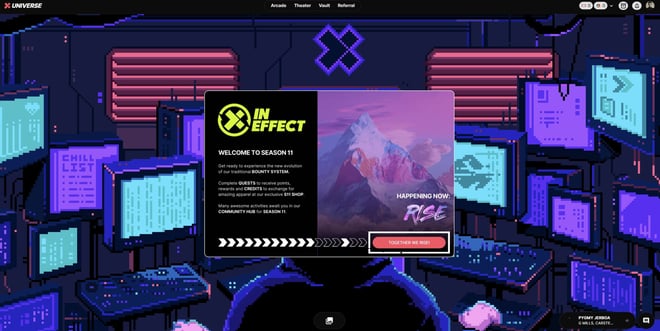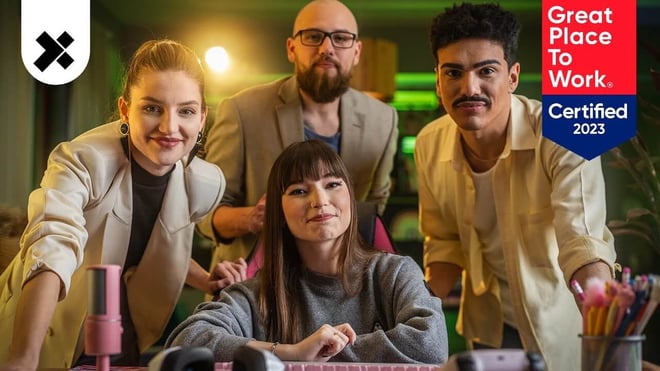Last weekend I took part in my local GiveCamp, GiveCamp Grand Rapids. From givecamp.org:
GiveCamp is a weekend-long event where technology professionals, from designers, developers and database administrators to marketers and web strategists, donate their time to provide solutions for non-profit organizations.
We met at the CoFactory in Grand Rapids MI. There were 17 non-profit organizations, as well as approximately 120 volunteers consisting of front-end and back-end developers, designers, marketers, lawyers, SEO specialists, UI specialists, organizers, and two amazing chefs.
What went down
I worked in a team that hooked up with the Inner City Christian Federation, an organization that helps people with housing, whether it be folks who’ve lost their homes to disaster, finances, or perhaps simply have never had a home. Their old website was a collection of static HTML files and PDF forms. The need was a new site that was easier to maintain, easier to use, and allowed people to fill out forms online.
WordPress was chosen as the development platform before the weekend even began. ICCF staff had some experience with it and it seemed like the perfect fit.
We created some custom content types for them for Properties for sale or rent, Classes, and Events. We put Gravity Forms in place for the online forms and the ICCF folks were very, very pleased with the ease with which they were able to make new forms at any time.
We were able to get the site completely finished by the end of the weekend, but couldn’t push to the live server because we didn’t have credentials, so we’ll do that this week.
Magic
There are several kinds of magic that happen at GiveCamp. The first is what happens to the client.
WordPress allows us to accomplish a very great deal in a very short period of time. When we started, I installed WordPress, made some config changes, and then told our rep that he could begin making Pages and setting up site structure. He was clearly startled that we were able to be so far along so quickly.
As developers, what we do can often seems like magic to non-developers, and when our efforts are concentrated right before their eyes, it’s amazing.
Another type of magic is what happens between the volunteers. Our team had seven volunteers and two client representatives. Most of us had never met and knew practically nothing about each other.
By the end of the weekend we were all friends, and knew almost everything about each other’s skills and capabilities. We depended on each other to get things done, and it happened. We went from almost nothing to something wonderful in just two days.
Many of the people I’ve worked with at past GiveCamps I’ve not seen again, but I still remember them well, and the experiences we shared. Some I have stayed in touch with, and we’ve become good friends over time.
Something else very exciting is the freedom the volunteers experienced. There was no talk of budgets or any limitation other than what we could physically accomplish in our two days. Creativity abounds in an environment like that.
People say things like “Hey, we could do THIS, would that help your organization?” Sometimes we get a no, and sometimes we get “No way, is that even possible?!? We’d LOVE that!” It’s rare that developers get the opportunity to just flex their abilities like that.
Coding for Good
The AIGA has a project called Designing for Good, and I’m convinced that GiveCamp is Coding for Good. The ICCF changes lives in dramatic ways that have lasting effects.
What we did over the weekend was accelerate that, and the effects will be exponential.
It’s a little breathtaking to look at how MANY people’s lives will be changed, not only by the project I worked on, but all 17 projects in that room that weekend. I would put it easily at hundreds of thousands of people in the near future, perhaps millions in the years to come.
That’s a tremendous thing.
Try it
If you’d like take part in a GiveCamp yourself, check out their web site, there’s a map showing where and when they’re taking place. They typically need volunteers from almost every walk of life, you don’t have to be a developer or even a techie.



